
At first glance, the Bhagavad-gita might seem like a philosophical justification for war; Krishna speaks when Arjuna refuses to fight (02.09). Because our modern psyche has been deeply scarred by violence rationalized using sacred texts, we may recoil from Krishna’s words. If we experience such a negative visceral reaction, we can help ourselves by understanding the circumstantial reasons for the war, as described in the Mahabharata.
The Pandavas were rightful heirs to the Kuru kingdom, or at least to half of it. Yet they were targeted repeatedly by their cousins, especially Duryodhana. He tried to assassinate them by poison and arson, impoverish them through a rigged gambling match, and humiliate them by publicly disrobing their wife. Though the Pandavas were unfairly exiled for thirteen years, they accepted that exile stoically. But even after that stipulated period, Duryodhana refused to give them their rightful half of the kingdom. When they sought to settle for just five villages, he not only derisively dismissed their peace proposal; he even tried to arrest their peace envoy, Krishna.
The Pandavas were left in no doubt about Duryodhana’s mentality. Leave alone reforming, he showed no sign of even repenting — he was bent on continuing his devious ways to satisfy his hunger for power. If the Pandavas had allowed such a person to remain the king, they would have failed in their duty as kshatriyas. When they finally resolved to fight, it was out of duty, not out of greed or revenge.
Once we understand how circumstantially justified the Pandavas’ cause was, we will marvel that Krishna doesn’t refer to those circumstances even once. Why? Because he is single-mindedly focused on philosophically explaining universal principles for living, specifically principles for determining the right thing to do. And that single-minded focus has made Krishna’s Gita perennially relevant.
One-sentence summary:
By knowing the Gita’s Mahabharata context, we can overcome any reactionary tendency to reduce Krishna’s message to a mere justification for fighting.
Think it over:
- Why might we recoil from Krishna’s message?
- How does the Mahabharata help us see Krishna’s call to fight in a fresh light?
- Why does Krishna never refer to any circumstantial reasons for fighting?
***
02.09: Sanjaya said: Having spoken thus, Arjuna, chastiser of enemies, told Krishna, “Govinda, I shall not fight,” and fell silent.
To know more about this verse, please click on the image

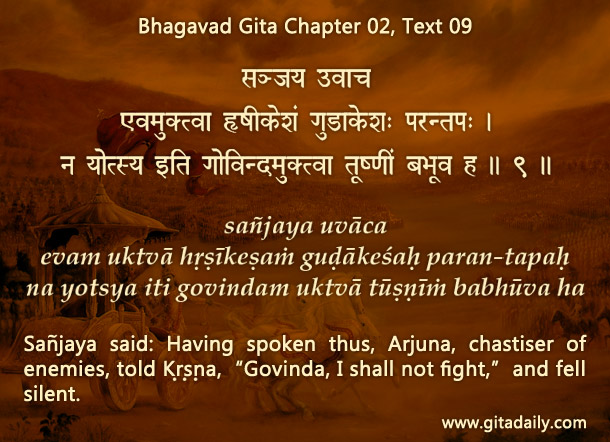

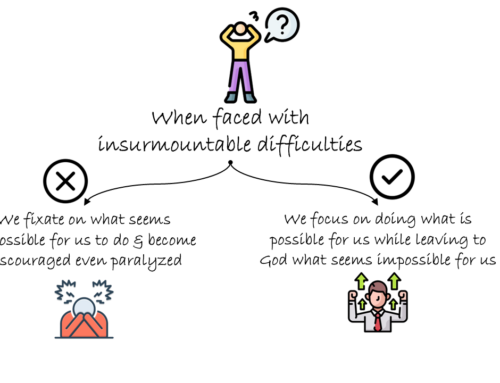



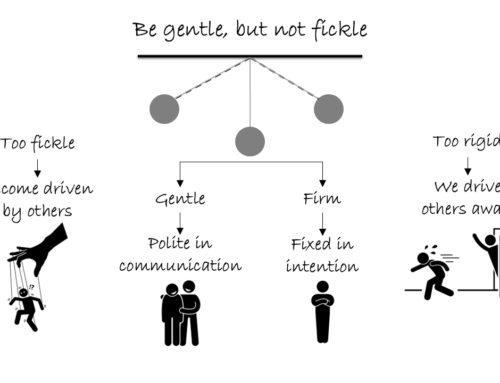
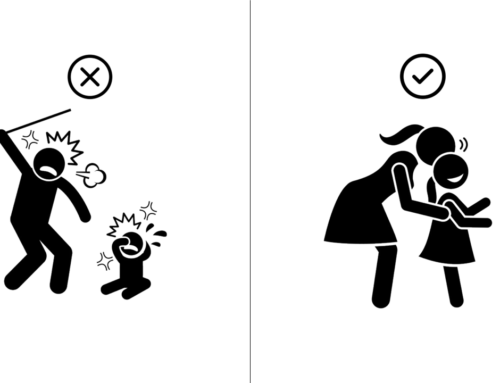
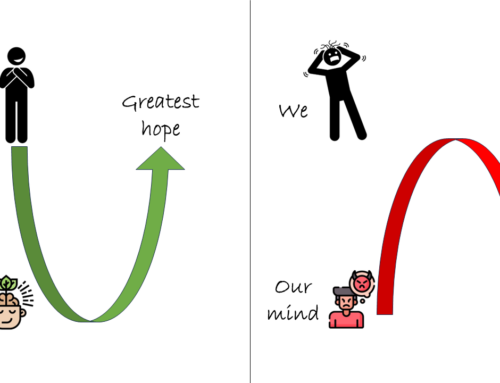


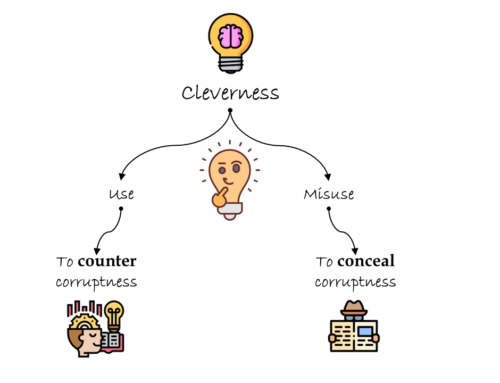

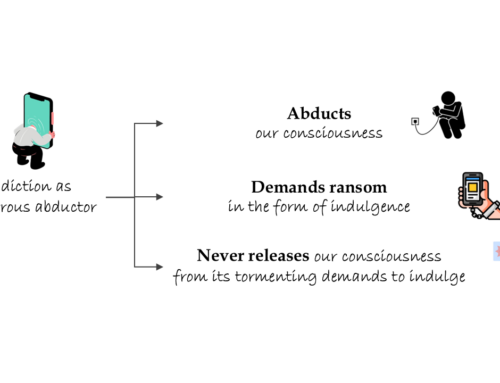

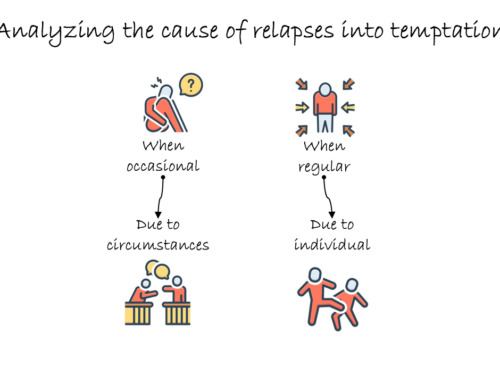

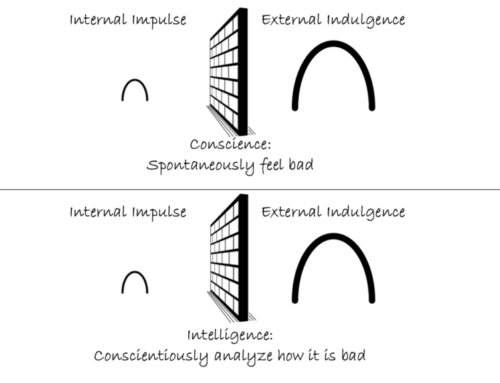
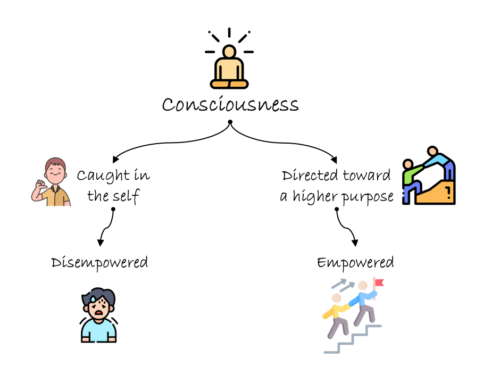
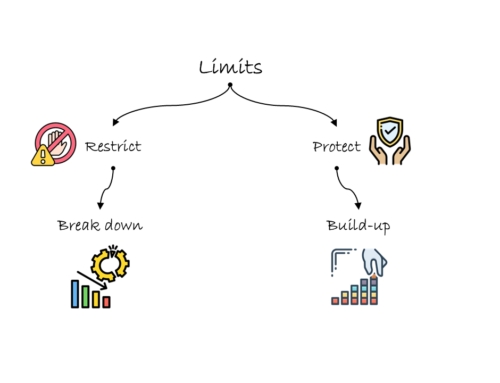

Nice, please keep it up